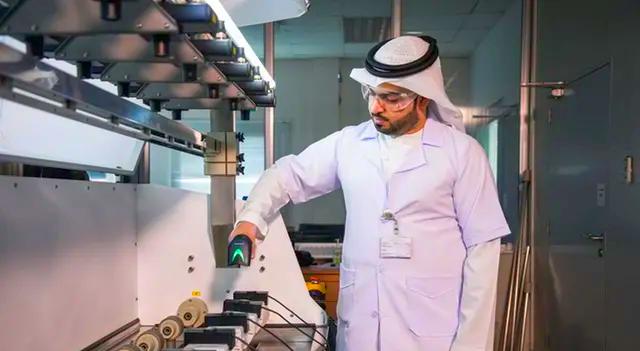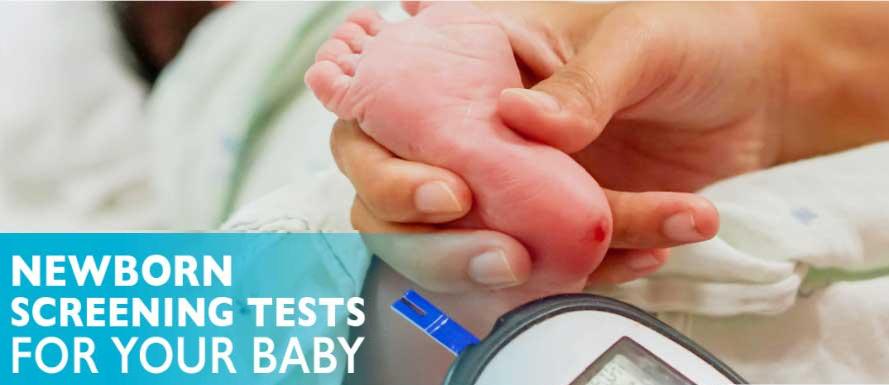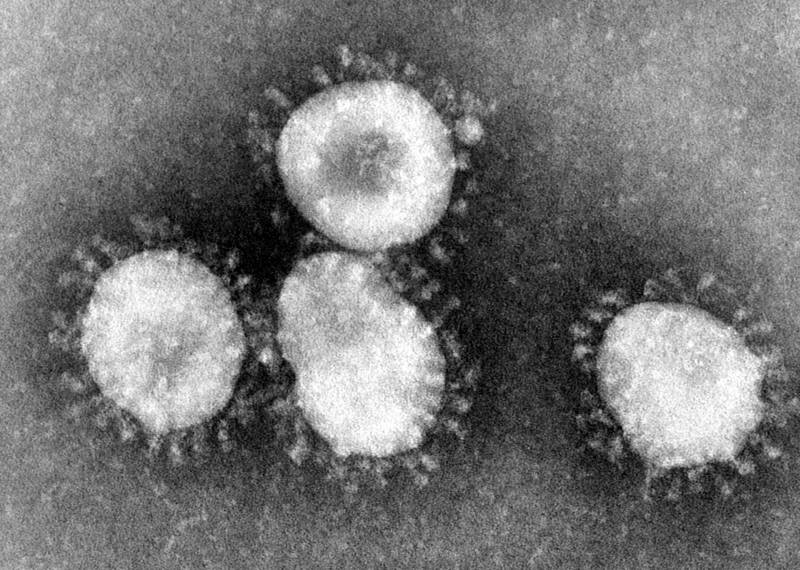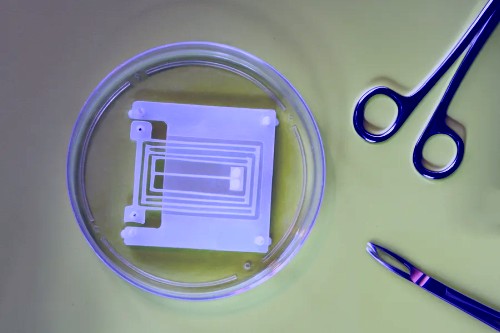Study provides evidence of acute, long-term safety of external TNS for epilepsy
External trigeminal nerve stimulation (TNS), a novel form of neurostimulation, is an emerging therapy for drug resistant epilepsy. The results of a pilot feasibility study on the safety and tolerability of external TNS and its effect on the heart and blood pressure were reported here today at the 64th American Epilepsy Society Annual Meeting.
TNS involves stimulating the trigeminal nerve on the forehead with the use of adhesive electrodes to control seizures. The device offers the possibility of non-invasive stimulation through the skin to evaluate the therapeutic response. If effective in suppressing seizures, stimulators might then be implanted under the skin.
Investigators enrolled 13 patients whose seizures had proven intractable after exposure to two or more anticonvulsant drugs. The patients were evaluated in a four-week pretreatment baseline, and again at one, two, three, six, and twelve months after treatment initiation. (Abstract 3.080)
According to lead investigator Christopher M. DeGiorgio, M.D., TNS was well tolerated with few side effects, which improved with a reduction in current. Long-term heart rate, systolic and diastolic blood pressure were not significantly changed at six-months compared with the pretreatment baseline.
Dr. DeGeorgio reports that, “This pilot study provides evidence of excellent acute and long-term safety of external TNS for epilepsy. The results are now the foundation for larger double-blind safety and efficacy trials.”
Recruitment has recently been completed for a randomized active-controlled clinical trial of external TNS therapy in 50 people with intractable epilepsy. The double blind study is funded by an investigator initiated grant from the Epilepsy Therapy Project, The Epilepsy Foundation and Boston Scientific.
Source : American Epilepsy Society (AES)









Post Comment
You must be logged in to post a comment.